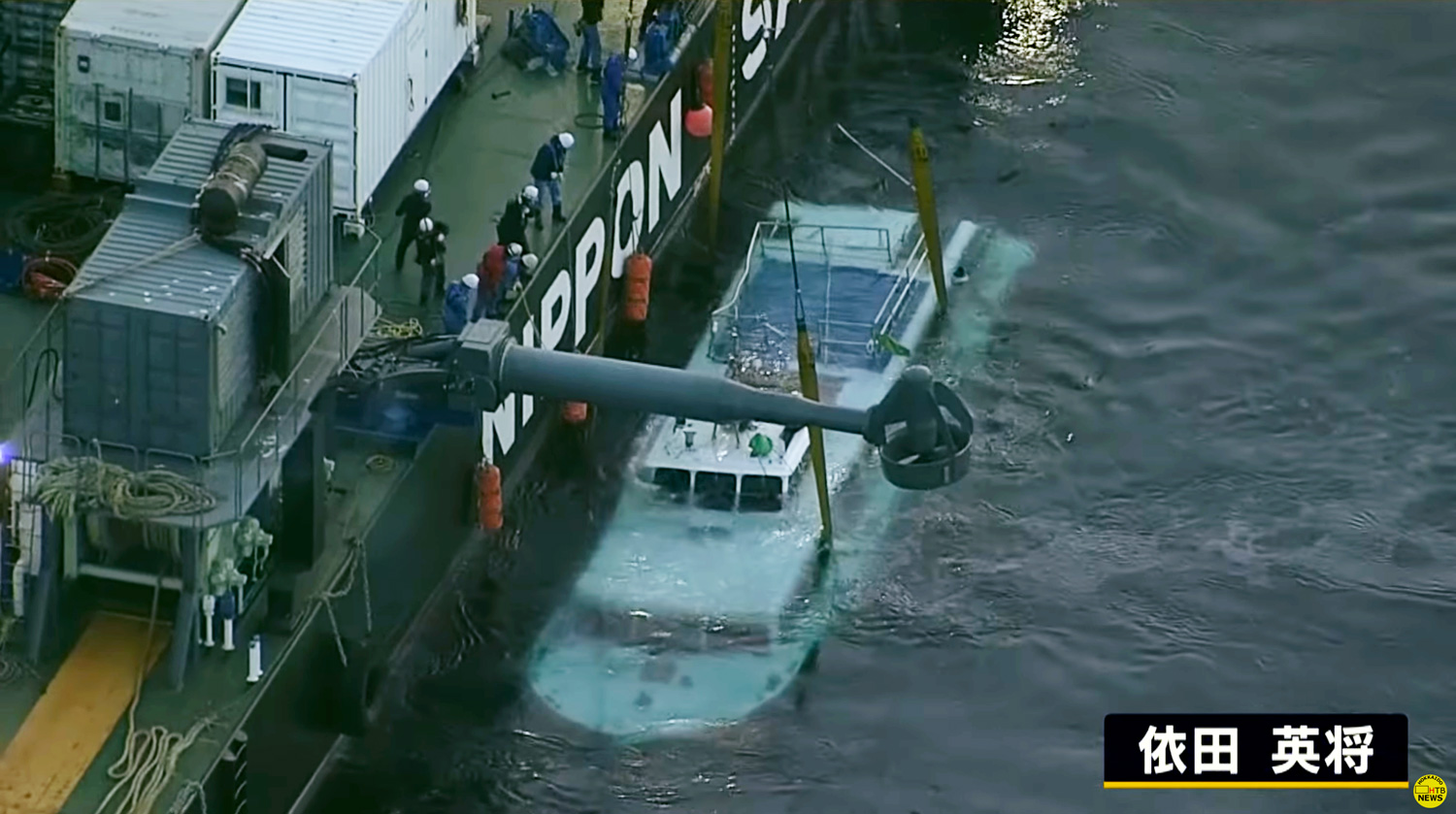Issue:
June 2022 | Letter from Hokkaido
In his second dispatch, veteran Japan Times reporter Eric Johnston offers a perspective on the news from the country’s far north

The tragedy of the Kazu 1, the sightseeing boat that sunk in late April with 26 people on board, dominated Hokkaido’s news coverage throughout Golden Week. It was a story with a personal twist. Years ago, my wife and I came very close to taking that cruise. I’m not sure if the boat we were to board was the Kazu 1. But the route, close to the coast of the Shiretoko peninsula in the Sea of Okhotsk, was exactly the same.
As we were visiting the area in sunny mid-July, there were no thoughts of rough weather at sea. Hours before we were due to board, however, we received a call from the cruise ship company. There were strong winds and high waves so somebody—thankfully—made the decision to cancel the trip. We rescheduled a similar cruise on a larger vessel later that day. It didn’t get as close to shore so the photos weren’t quite as good as those we would have gotten from the smaller boat. But we went out and came back without incident and I thought nothing of the cancellation until the Kazu 1 accident.
With summer arriving, the Shiretoko peninsula will see large numbers of visitors. Hokkaido media have been issuing reminders about the dangers in the area on land and sea. Yet tourists from the rest of the country too often behave as if they are at Ueno Park or Tokyo Disneyland. Travel brochures and TV programs on Hokkaido tend to focus on the island’s stunning vistas, offering soothing words to appeal to weary city dwellers seeking to commune with nature. But the media says precious little about the risks. As the Kazu 1 tragedy reminds us, being taken in by tourism propaganda can be dangerous, even deadly.
The location of the boat’s sinking, almost within sight of the disputed island of Kunashiri, could become a sticky diplomatic wicket for Japan. At least two bodies believed to be from the Kazu 1 were found washed up on Kunashiri, and Japanese authorities needed to travel there to confirm the identities and make arrangements for their return to Japan.
Given the strained relations between Japan and Russia, that may not be as easy as it sounds. Efforts were underway in late May to have Russian authorities confirm the identities via DNA testing. But when, exactly, Japanese authorities would get permission to go to Kunashiri, and under what conditions, was still being arranged as this article went to press.
The aftermath of the sinking was making the news as Prime Minister Fumio Kishida hosted U.S. President Joe Biden for a bilateral meeting and then, along with Biden, the leaders of India and Australia for a meeting of the Quad alliance to discuss, among other things, standing firm against Russia’s invasion of Ukraine. Yet Kishida found himself having to tread carefully with Russia over the sinking. Hopefully, by the time you are reading these words, a solution will have been found.
Back in Sapporo, attention was on the arrival of not only Biden but also representatives of the International Olympic Committee to examine the city’s plans to host the 2030 Winter Olympics. While no one doubts the quality of the bid, and local public support, though not overwhelming, is not as weak as some feared it might be so soon after the Tokyo Olympics, Sapporo officials privately admit the bid has a big problem.
Sapporo 2030 would mark the fifth time in 10 Olympiads since 2012 the event has been held in East Asia. Are the IOC and international corporations outside East Asia that pour money into IOC coffers growing tired of long-haul flights to the region? Is it perhaps time for the Games to return to Europe or North America in 2030, where there are fewer concerns about jet lag and inconvenient time differences affecting TV broadcasting schedules in major international markets? These are the questions being asked in Sapporo.
The local Olympic lobby has, of course, offered assurances. The mayor of Sapporo has promised a compact, cost-efficient, environmentally-friendly Games that will lead to a prosperous local economy and not become a burden on taxpayers.
A decision on the 2030 host city is expected when the IOC meets in Mumbai next year, while the shortlist could be announced by the end of this year. Aside from Sapporo, Vancouver is a strong contender, and not just for technical reasons. It also has a good degree of support from its indigenous peoples’ representatives, something that hasn’t received as much coverage in the Hokkaido media as the quality of the island’s powder snow.
It will be interesting to see whether the IOC asks Sapporo and Japan about how the indigenous Ainu people figure in their Olympic plans. It will be even more interesting to hear how they respond.
Eric Johnston is the Senior National Correspondent for The Japan Times. Views expressed within are his own and not necessarily those of The Japan Times.

